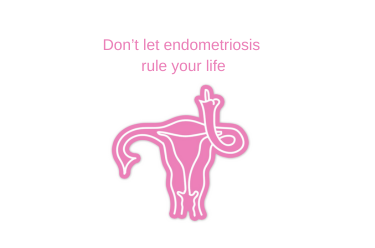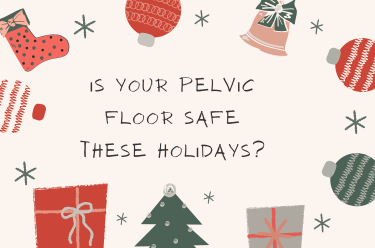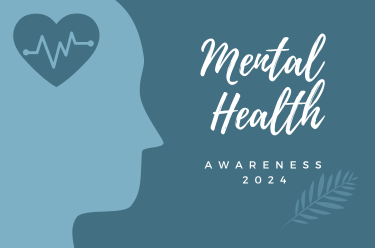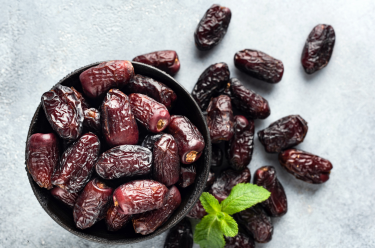Blog

Talking about Prostate Cancer Matters!
Prostate cancer treatment causes a number of side effects and each week in our clinic we see many men who have come in for help. We are incredibly grateful to one our lovely patients for sharing his journey...... Kia ora e te whānau—I never thought I would be...
Latest Blog
Here you will find articles written by our physios covering pelvic health issues and concerns. These are updated regularly – if you are a patient of ours you can opt into receiving our blog posts right into your inbox when a new one goes live!
Articles include everything from general lifestyle advice to what we can treat and what treatment options are available for different conditions. For more personalised, comprehensive care and treatment advice that is tailored to you and your pelvic health needs, make an appointment with one of our highly skilled and passionate physiotherapists.
Questions?
Talking about Prostate Cancer Matters!
Prostate cancer treatment causes a number of side effects and each week in our clinic we see many men who have come in for help. We are incredibly grateful to one our lovely patients for sharing his journey...... Kia ora e te whānau—I never thought I would be...
Pelvic Health Physio: recovery from prostate surgery
A pelvic health physio can play a crucial role for many men who undergo a radical prostatectomy—the surgical removal of the prostate for treatment of prostate cancer. While this procedure is incredibly effective in treating cancer, it can lead to challenging side...
What is your pelvic floor good for? – more than you might think!
What are your pelvic floor muscles? Your pelvic floor muscles are a group of muscles that form a sling or hammock across the bottom of the pelvis. They stretch from the pubic bone at the front to the tailbone at the back. They’re a bit like a bowl sitting within the...
Getting help with endometriosis
The average time it takes to get help with endometriosis diagnosis is 6 to 8 years, with some people experiencing delays of 7-10 years from the onset of symptoms to a confirmed diagnosis. This delay is huge, and it highlights the importance of raising awareness about...
What should you do when it comes to your poo?
In New Zealand, rates of bowel cancer are alarmingly high. For women, it’s the third-highest cause of cancer-related deaths, and for men, it ranks second. Bowel cancer can develop silently, often with minimal symptoms until it's too late. This makes it all the more...
Do I have vulvodynia?
Vulvodynia means vulvar pain or discomfort. People who have vulvodynia often describe a burning sensation, which occurs in the absence of visible or identifiable clinical causes. This means there are no obvious signs or diagnoses to explain the discomfort. Prevalence...
Do I have vaginismus?
Difficulty inserting tampons? Pain with vaginal examinations? Difficulty with penetrative sex? … you may have vaginismus What is Vaginismus? Vaginismus is a condition where the muscles of the pelvic floor involuntarily contract or spasm during attempts at penetration....
Keep your pelvic floor safe over the holiday season
As the holidays approach, it's easy to get caught up in the excitement and find ourselves juggling lots of tasks. But don't forget to make sure you keep your pelvic floor safe over the holiday season. Travelling often means changes in our diet and daily routines, and...
Physiotherapy after prostate cancer surgery
Pelvic health physiotherapy after prostate cancer surgery One of the most common and troublesome side effects after prostate cancer surgery is urinary incontinence. This can range from mild leakage requiring temporary use of pads to more severe cases that last longer....
Fewer Dead Men Required: early detection of prostate cancer
Early detection of prostate cancer saves lives. In New Zealand, over 4,000 men are diagnosed with prostate cancer every year, and tragically, around 750 die from the disease. That’s nearly as many men as lost to COVID-19 during the pandemic. It is the most commonly...
Mental health and the pelvic floor
Mental Health Awareness Week - 23rd to 29th September 2024 Since it's Mental Health Awareness week, we’ve decided to talk about the relationship between pelvic floor dysfunction and mental health. Pelvic floor dysfunction includes bladder and bowel control problems,...
The Sweet Secret to a Smoother Labour: Dates During Pregnancy
When it comes to preparing for childbirth, most expectant mothers dream of a labour that's as smooth and short as possible. While there are various strategies to help make this dream a reality, one unexpected and simple tip is to incorporate dates into your diet...
5 signs you may be in perimenopause
Feeling off lately? Tired, irritable, or waking up throughout the night? It could be stress, or it might be perimenopause. Perimenopause is the stage of transition leading up to menopause, during which reproductive hormone levels, such as estrogen and progesterone,...
Birth injuries
Bringing new life into the world is often seen as a time of joy and celebration. However, for some people, the experience can be overshadowed by birth trauma. This can leave lasting physical and emotional scars. At Pelvic Health Physiotherapy, we understand the...
Pregnancy and postnatal physiotherapy
Pregnancy and childbirth can put extra stress on your body, especially on the pelvic floor, back, pelvis, and abdominal muscles. This may lead to discomfort, pain, or pelvic floor issues such as bladder leakage and a sense of heaviness. Fortunately, we are here to...














